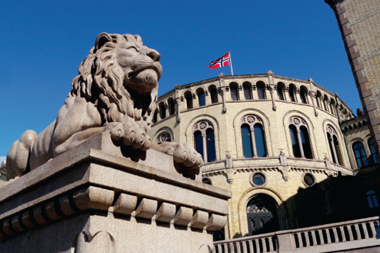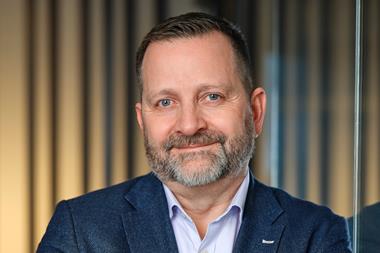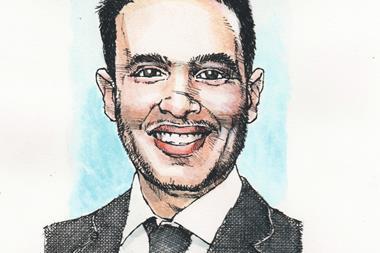GERMANY - German companies are still committed to strengthening occupational pensions, but some firms might have chosen the wrong reasons for outsourcing liabilities, pensions experts have claimed.
Towers Watson experts noted at a conference in Wiesbaden last week that some German firms are increasing their commitment to occupational pensions in the wake of the crisis.
"Occupational pension plans are a good argument for winning the best people for your company and that will be relevant once the economy picks up again or even before then," argued Stefan Recktenwald of consultancy Towers Watson.
The German energy and transport company Alstom said it recently reviewed its pension plan to create an equal scheme for all of its employees. From now on, it will reward people who stay with the company for a long period, or deliver outstanding work, with higher pensions.
Michael Trevisany, from the occupational pensions department at Towers Watson in Germany, also told IPE that companies were currently looking, in the main, at funded systems when creating company pension plans.
"Insurance-based plans are mainly used by smaller and medium-sized companies but Pensionsfonds will play an important role with larger companies," he explained.
Trevisany confirmed that changes to the German accounting standards under the BilMog regulations are one reason for the fresh pensions focus, although he added another factor was an increase in the levy of the pension protection vehicle PSV, as companies with Pensionsfonds only had to pay one-fifth of this levy.
Adding further evidence of German employee interest in pensions, Heribert Karch, head of the industry-wide MetallRente, told IPE the trend to create company pension schemes is likely to continue as his own scheme is still welcoming over 100 new member-companies each month.
Admittedly, these are mainly small companies as almost all larger firms in the metalworking industry already have pension plans in place.
More importantly, Karch also pointed out that companies are more willing to pay matching contributions, as occupational pension schemes are "becoming an integral part of the total compensation of employees".
He said the corporate trend is more towards the insurance-based "Direktversicherung" and it is technically similar to Pensionsfonds and was put on an equal footing with the Pensionskassen in 2002 when looking at state subsidies.
Larger companies, however, are likely to continue to keep their pension assets on the company's books or outsource them via a contractual trust agreement (CTA), largely because of the employer contributions, suggested Karch.
In contrast, consultancy firm Heubeck Feri believes some companies might have to review the reasons why they created a CTA.
"The balancing of investments and pension liabilities in the [company's] accounts to achieve a better [credit] rating has proven especially problematic," claimed Reiner Dietz, head of Heubeck-Feri Pension Asset Consulting.
"Analysts are reading the notes in the appendix to the balance sheet and they have also taken to adding the figures back onto those [within] the balance sheet," he added.
Heubeck-Feri noted this may not discourage German companies from outsourcing their pension liabilities but Marcus Burkert, deputy head at Heubeck-Feri's pension business, told IPE "some of the ‘truths' which have been built around CTAs will have to be checked more critically".
He argued in the course of these reviews other pension systems might start to look more attractive or they could encourage companies will combine various pension regimes.
If you have any comments you would like to add to this or any other story, contact Julie Henderson on + 44 (0)20 7261 4602 or email julie.henderson@ipe.com












